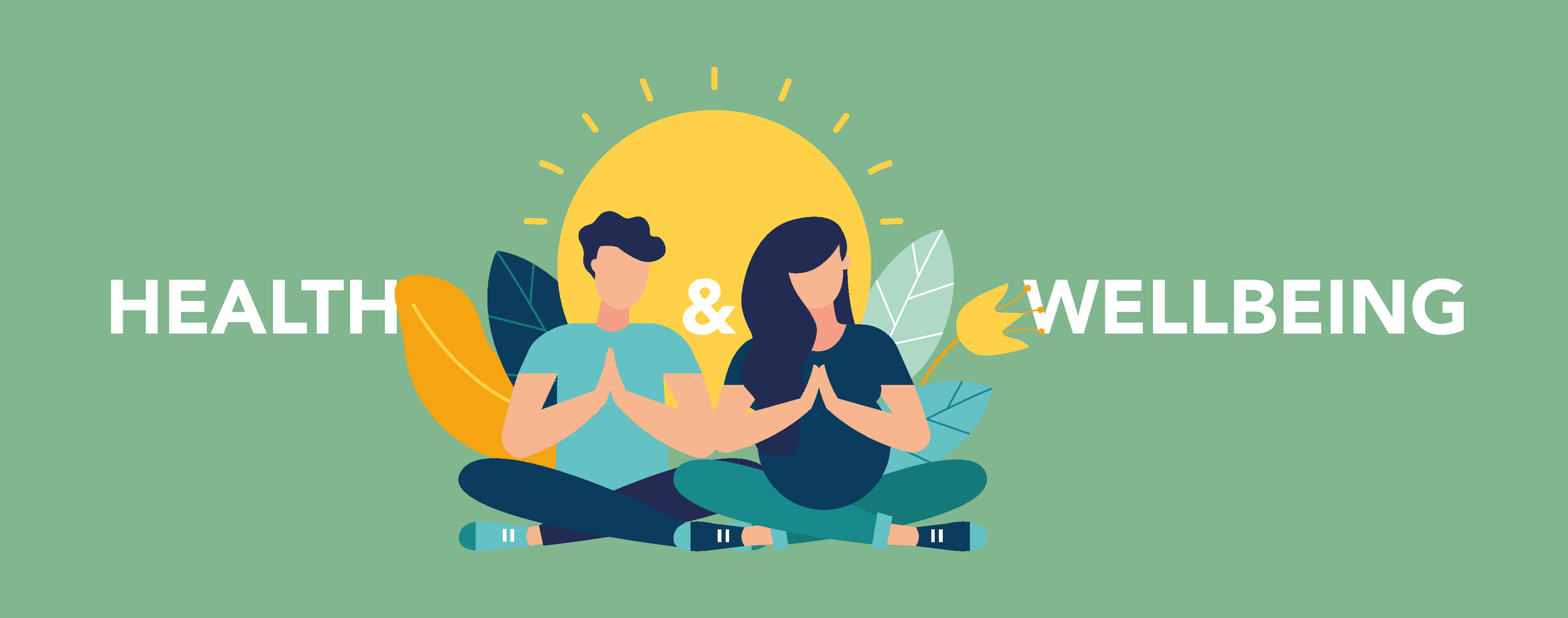Health & Wellbeing
Healthy Body ~ Healthy Brain

Health & Wellbeing
Healthy Body ~ Healthy Brain


By working collaboratively within our community, we can collectively help reduce bullying.
Parents and carers play an important role in helping your child understand bullying and know how to respond to it.
If your child tells you about things at school, or you observe something in public that involves conflict or bullying, take the opportunity to talk about what bullying is. You can learn more about what defines bullying at bullyingnoway.gov.au.
Questions you could ask:
Remind your child that bullying is never okay and discuss how they can respond safely if they experience or witness it.
Encourage them to seek help from a trusted adult and keep seeking support if needed.
By promoting open communication, we empower children to stand up against bullying and create a safer environment where everyone can feel that they belong.
For more information, visit bullyingnoway.gov.au.
For families
Parents and carers have a key role in preventing and responding to bullying.
Learn what bullying is and what it is not. Understanding the definition of bullying is the first step in talking about how to prevent and respond to bullying with your child. 'Bullying' is a word that is used for behaviours that are not actually bullying. These other behaviours can be just as serious but may require different responses.
School responses to reports of bullying can be much more effective when parents and carers report bullying and support school staff efforts to respond to it.
If your child reports that bullying is occurring at school, or the bullying is occurring outside school hours and involves students from the school, you should let the school know about the situation.
Working together with the school is the best way to help your child resolve bullying issues.
Schools will work with you to resolve the situation and will also work with the other student's parents. Due to privacy laws, they will not be able to share information about any other students involved.


Mental Health changes over time in response to different stresses and experiences. There are many factors, both internal and external, that affect where someone generally sits on the mental health continuum, and also where they sit at any given point in time.
Remember to reach out to your support networks if unexpected thoughts or feelings arise. Professional support is always available when you need it.




The NDIS provides funding to eligible people with disability to gain more time with family and friends, greater independence, access to new skills, jobs, or volunteering in their community, and an improved quality of life.
The NDIS also connects anyone with a disability to services in their community.
This includes connections to doctors, community groups, sporting clubs, support groups, libraries and schools, as well as providing information about what support is provided by each state and territory government.
The NDIS now supports over 500,000 Australians with disability to access the services and support they need.
This includes supporting approximately 80,000 children with developmental delay, ensuring they receive support early so that they achieve the best outcomes throughout their lives.
How to apply for NDIS Funding
If you would like to make a suggestion on what you would like included in the Health and Wellbeing page, please email using the link here ...